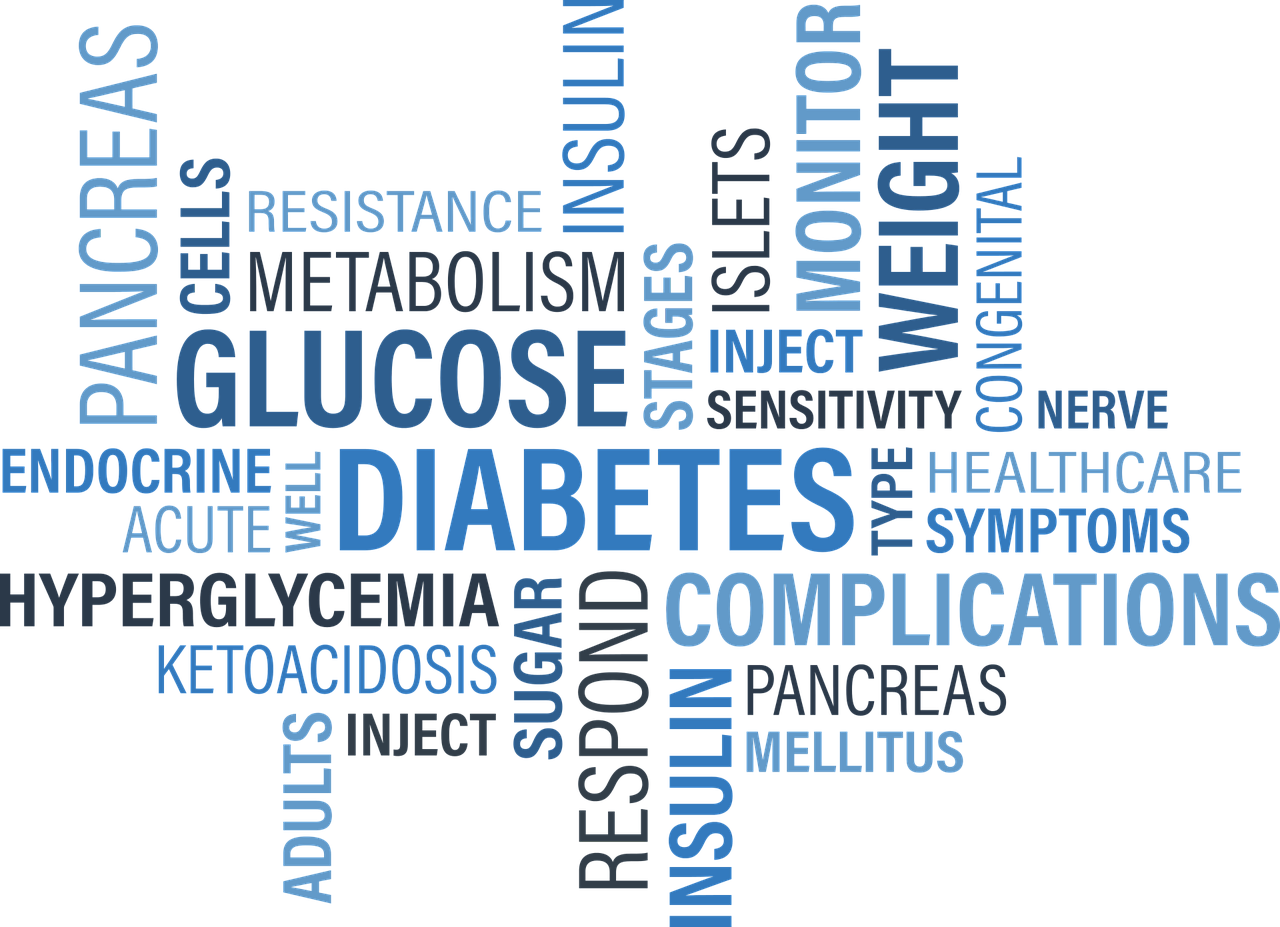5 Weight Loss Myths to Avoid
The rising prevalence of obesity among adults and adolescents is a major health concern for our generation. Unhealthy weight is associated with many disease conditions, poor quality of life and reduced life expectancy. As a result, the desire to achieve significant weight loss among over-weight individuals has led to the use of many ineffective weight-loss methods. Weight loss myths are erroneous beliefs about how to best achieve significant weight reduction. In this article, I will help you understand why certain weight loss techniques are myths, a waste of your time, and distract from what you should focus on.
So what are these weight loss myths?
5 Weight loss Myths to Avoid

Small Frequent Meals Increase Metabolism?
One of the erroneous beliefs regarding weight loss is that frequent meals in a day, opposed to three square meals, will help achieve the desired weight loss. One argument for this practice is that there is an increase in energy when you consume food. The rise in energy leads to more physical activity. Overall there is a net increase in metabolic activity from increased movement. This does have some physiological relevance but likely is only going to be helpful for someone that eats less than 3 times per day. It should also be noted that some people feel more tired and fatigued after eating. This suggests an internal issue with blood sugar or other metabolic problem.
The bigger impact of this technique has less to do with metabolism and more to do with prevention of overeating in general. When you only eat 1-2 meals per day, you are more likely to consume more calories in any given 24 hour period. With that in mind, the number of overall calories is more important than the number of meals. An increase in the number of meals can help you reduce your overall calories, just keep in mind what your overall calorie target should be. If you feel like you are not hungry and consistently eat less calories then you need, you may have an internal metabolic issue. Eating more frequently may help a little but if not consider getting some testing done.
Go Hungry to Lose Weight?
This is absolutely incorrect. Now there is probably no-one that is promoting this idea but many people still use this technique subconsciously or otherwise. When you starve yourself, the body adjusts by slowing down the basal metabolic reactions. This results in more stored energy (calories) and less energy consumption.
In addition, when you skip meals, you end up overeating later in the day. Hunger may lead to temporary weight loss but practicing this on a consistent basis will result in a net weight gain (MacLean, Bergouignan, Cornier, & Jackman, 2011).
Avoiding Carbohydrates and Fat?
The daily activities your body performs are energy-consuming processes. The energy comes from the breakdown of one of three macronutrients; carbohydrates, fats, or protein. If you avoid carbs and fats, that leaves only protein. Well you can't just eat protein, and you can't just eat protein and fat or protein and carbs. You need some of all 3. Changing the ratios of each macronutrient can be helpful to reduce weight but lets be clear about what we are doing with low carb and low fat diets.
Higher carbohydrate diets tend to increase the amount of insulin your body is making. Since insulin is a hormone that signals the body to store calories and grow, this tends to lead to weight gain. You may want to have your insulin levels checked (anything above 12 would be considered somewhat high). Also if you already struggle with blood sugar issues or have a diagnosis of Diabetes, carbohydrate restriction typically helps. Not everyone that restricts carbohydrates will find it to be helpful, but those with high insulin typically find this more effective than restricting fats. For more details on carbohydrate restriction and ratios see the link below.
Ketogenic Diet and Macro-calculations
Restriction of fats do not seem to have any special value out side of calories. However, fats are more caloric dense than protein or carbs. So in this sense it can be helpful for weight loss. There are many macro-nutrient approaches that can lead to successful weight loss. What should be avoided are the refined carbohydrates (sugars), and high amounts of saturated fatty acids. These not only contribute to weight gain, but can also increase cardiovascular risks.
Strenuous Daily Exercise Is Essential to Lose Weight ?
Exercise is no doubt an important means of burning calories and losing weight. However, that you must engage in daily strenuous exercise is a myth. Exercise is most beneficial when you actually do it and do it regularly. However you do not need to do it every day. You should move every day but your body and muscles need time to recover. In this respect, exercise 3-4 days per week is better than than daily.
Now the length of time you should exercise may be less than you think. Classically exercise physiologists say 150 minutes of sustained exercise (combination of cardio and weights) is what is required to lose weight and maintain a healthy body. Research done by Martin Gibala suggest it is much less. His book is " The One-Minute Workout" and yes it really is only one minute. The basic premise of his research findings suggest that short burst of exercise are better for cardiovascular conditioning than long sustained exercise periods. With rest periods, actual workouts will be longer than one minute. If you are new to exercise, your workout could be over in 5-7 minutes. Keep in mind, this 5-10 minute workout will be at a much higher level of intensity than a traditional workout. It all depends on your goals and current health status but with this approach it is hard to say, "I don't have time." You can get his book for more details. For more specifics on exercise for weight loss you may be interested in,
Exercise for weight loss.
Suppress Your Appetite for Weight Loss?
As we mentioned above, starvation to lose weight does not work long term but some still seek out weight loss doctors that prescribe appetite suppressants. Phentermine is a common appetite suppressant and one of the drugs deployed for the purpose of achieving weight loss. Others include mazindol, phenylpropanolamine, etc. Clinical experiences have shown they have a high rate of adverse effects. Some of these side effects are minor but other side effects can be increased risk of cardiovascular issues and increased abuse potential (Rodgers, Tschop, & Wilding, 2012). Agents such as fenfluramine and dexfenfluramine have also been found to cause pulmonary hypertension and damage to heart valves especially when used in combination with phentermine (Connolly et al., 1997).
Despite the adverse effects, they may help reduce appetite in the short terms. However, they do not work for most people over the long term (more than 1-2 months). Once they stop suppressing your appetite, your weight reduction will stop, and likely return to pre-medicated weight.
When it comes to weight loss the tried and true (diet and exercise) tends to work best for most people. However, there are medical reasons why the standard approach may not work. If you are struggling with weight loss, avoid short cuts and fad diets. Instead consider an evaluation by a weight loss doctor. They will help you discover the nature of your metabolic issues and take corrective action. To learn more about how our phoenix weight loss options might help you click on the link below.
References
1. Connolly, H. M., Crary, J. L., McGoon, M. D., Hensrud, D. D., Edwards, B. S., Edwards, W. D., & Schaff, H. V. (1997). Valvular Heart Disease Associated with Fenfluramine–Phentermine. New England Journal of Medicine, 337(9), 581-588. doi:10.1056/nejm199708283370901
2. MacLean, P. S., Bergouignan, A., Cornier, M., & Jackman, M. R. (2011). Biology's response to dieting: the impetus for weight regain. American Journal of Physiology-Regulatory, Integrative and Comparative Physiology, 301(3), R581-R600. doi:10.1152/ajpregu.00755.2010
3. Rodgers, R. J., Tschop, M. H., & Wilding, J. P. (2012). Anti-obesity drugs: past, present and future. Disease Models & Mechanisms, 5(5), 621-626. doi:10.1242/dmm.009621



















